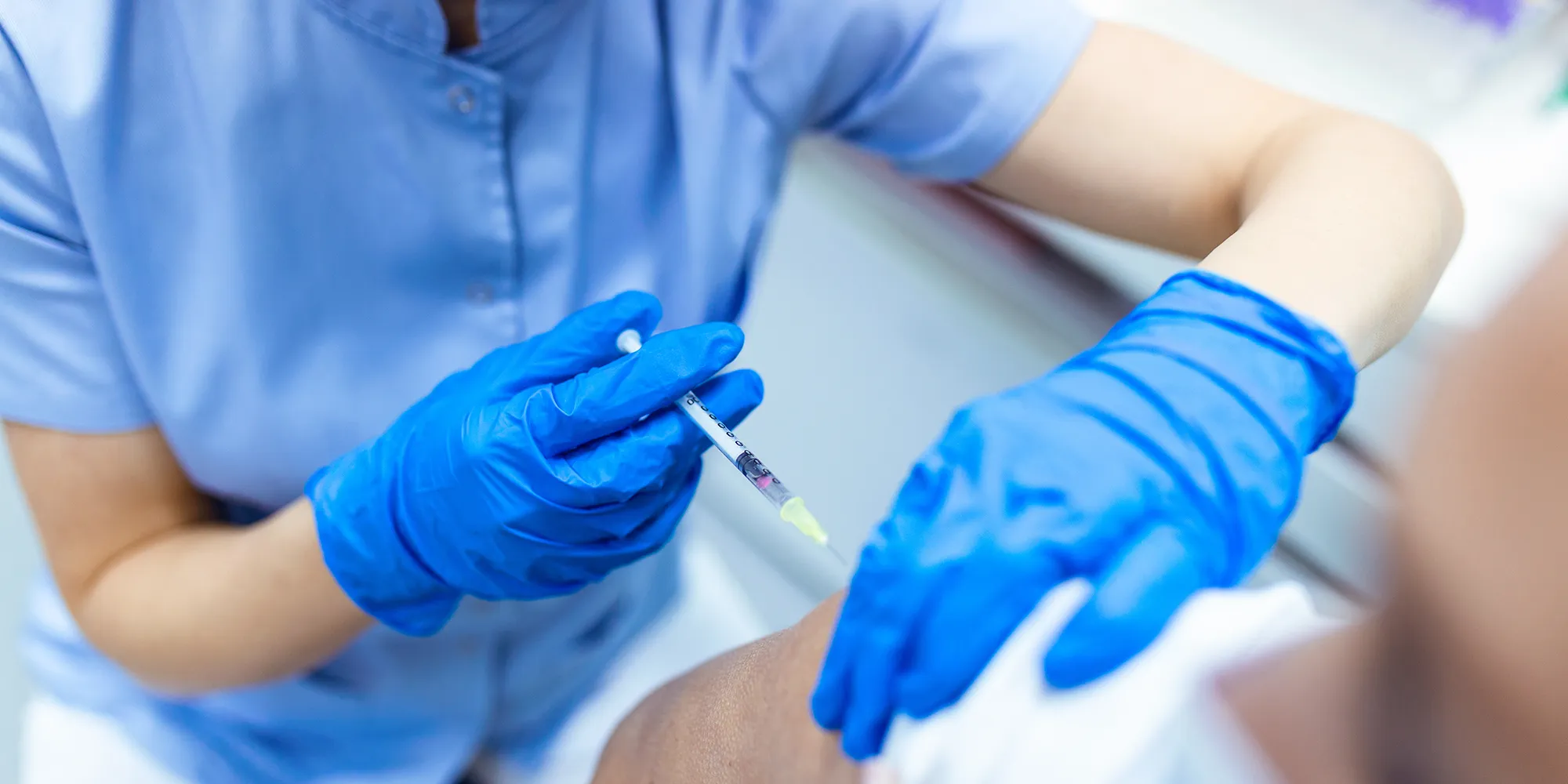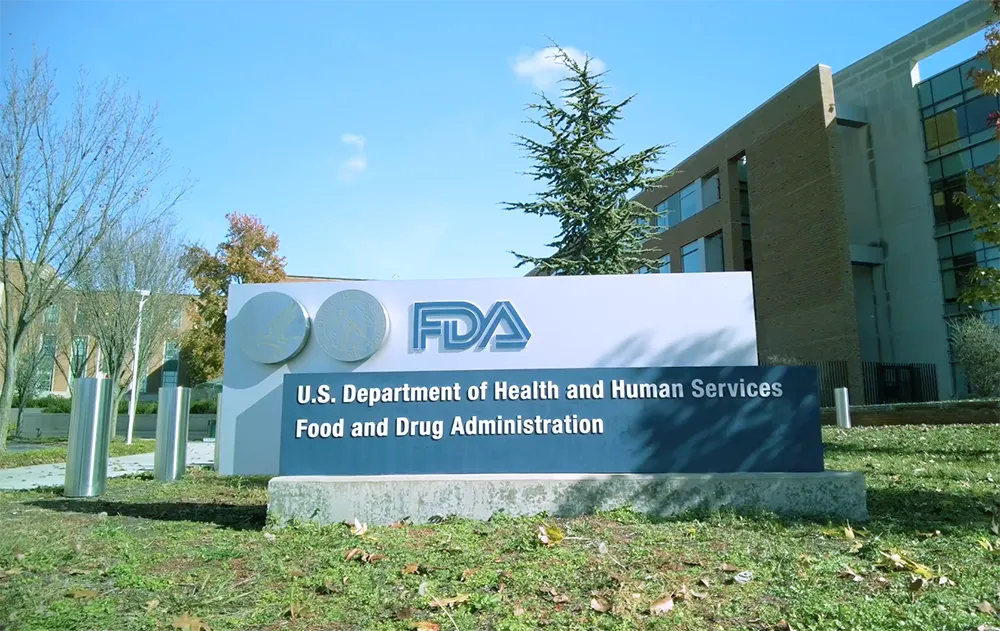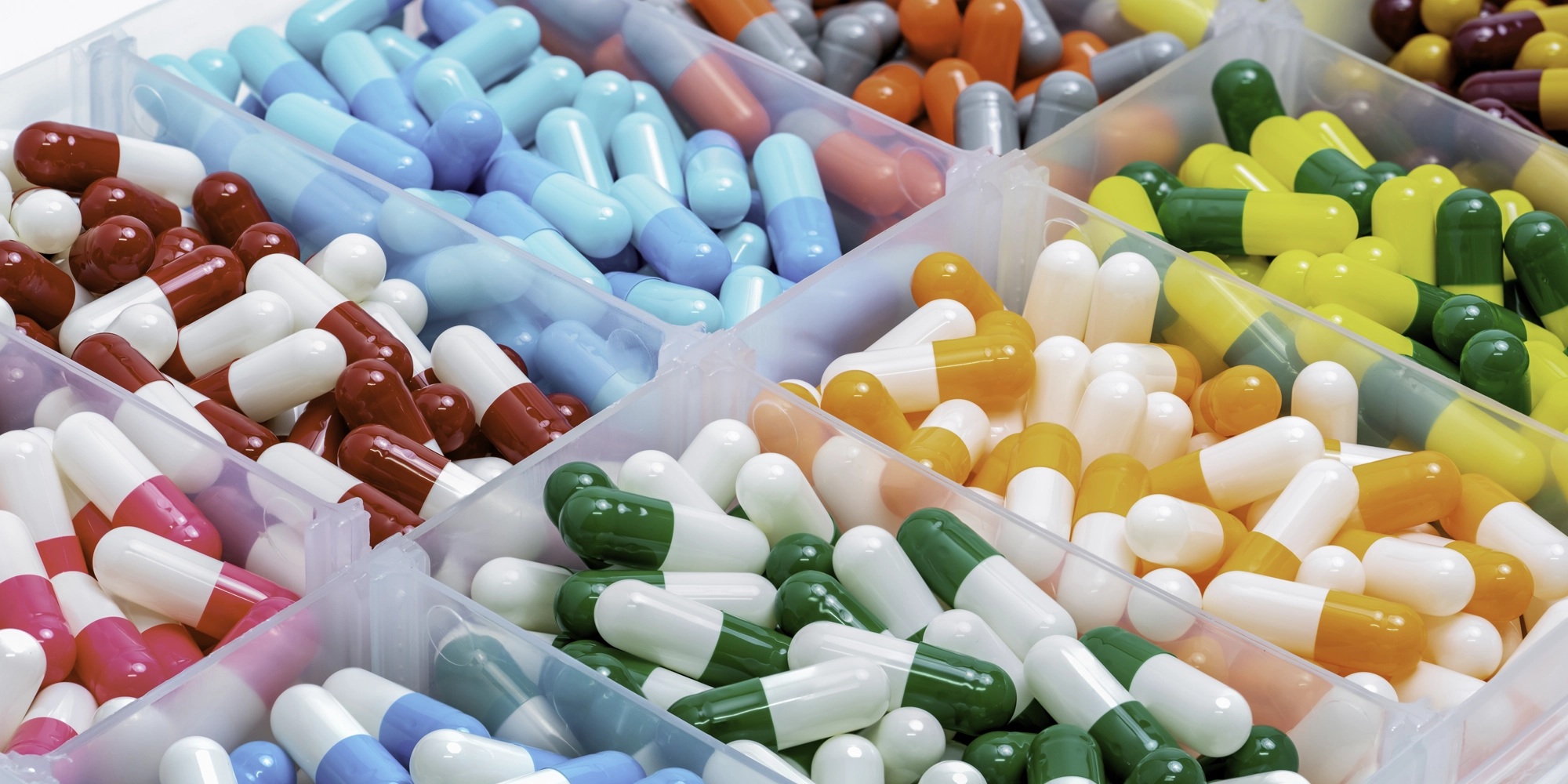Clinical trial safety expertise and solutions throughout the development lifecycle



Allucent provides end-to-end global clinical trial safety and pharmacovigilance (PV) services that manage patient safety throughout the clinical development lifecycle. A combination of expert PV resources, extensive medical expertise, regulatory intelligence, and leveraging the latest technology enables Allucent to build lasting partnerships with our sponsors.
Clinical trial safety & pharmacovigilance solutions
- 5Safety planning and strategy development
- Global safety database set-up & management
- Legacy data migration & consolidation
- Case management
- Regulatory reporting & intelligence
- Aggregate safety reports
- Safety monitoring & risk management planning
- Safety committee coordination
- Audits and inspections
- Pharmacovigilance consulting services



Strategic Pharmacovigilance Partnerships
What are the benefits of early PV partnerships during clinical development?

Expanded Access & Compassionate Use Programs
Considering an expanded access, named patient or compassionate use program?

Pharmacovigilance Preparation for Regulatory Filing
Conducting ph III studies and considering a regulatory filing in the next 6-12 months?



